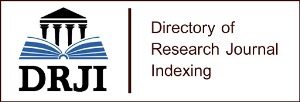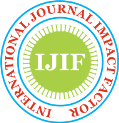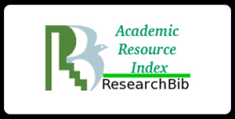IMPLICATIONS OF BURNOUT ON INTENT TO LEAVE
Abstract
The past 35 years have included a rise in research on burnout and its implications for employees and organizations. Among the many causes of burnout, work overload results in exhaustion, disengagement, and employee turnover, which is expensive for companies. The intent of this study was to confirm previous research studies by exploring the antecedents, symptoms, and consequences of burnout. Therefore, we measured the variables of work overload, burnout, and intent to leave, using the Quantitative Workload Inventory, Oldenburg Burnout Inventory, and Intention to Quit Scale. We used convenience snowball sampling and an online survey to acquire men and women (N=108) living in the United States who were 18 years of age or older. We hypothesized that there is a positive correlation between burnout and intent to leave. Furthermore, we expected to find a positive correlation between work overload and burnout. Correlationƒregression tests supported these hypotheses, revealing positive and statistically significant correlations. Combined, these findings suggest that people who are subject to a high workload tend to experience burnout, and people who are experiencing burnout are likely to harbor the intent to leave their job. For employers, the consequences of burnout are damaging and expensive; further implications are discussed.
KEYWORDS: Burnout, Work overload, Intent to leave, Correlation, Regression
Downloads
Copyright (c) 2018 Author

This work is licensed under a Creative Commons Attribution 4.0 International License.
The Authors retain copyright (full ownership) to their content published in the Journal. We claim no intellectual property rights over the material provided by any User in this Journal. However, by setting pages to be viewed publicly (Open Access), the User agrees to allow others to view and download the relevant content. In addition, Open Access articles might be used by the Provider, or any other third party, for data mining purposes.
The Provider reserves the rights in its sole discretion to refuse or remove any content that is available via the Website.



















